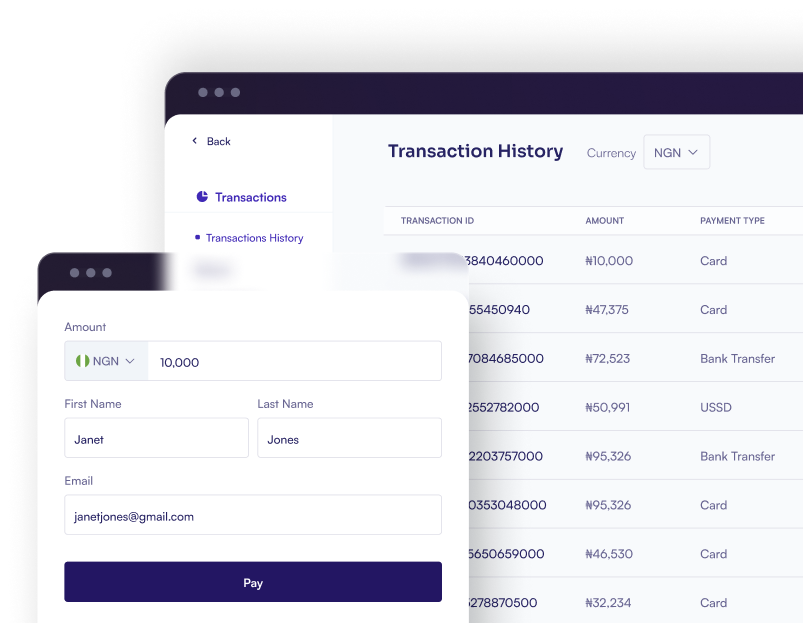
- The Numbers Don’t Lie: Why Africa Now
- Finding Your Sweet Spot: Where to Look
- 1. Follow the Pain Points
- 2. Watch the Infrastructure Gaps
- The Art of Market Validation
- Practical Steps to Spot and Validate Opportunities
- – Immerse Yourself in the Market
- – Build a Local Network
- – Test Before You Invest
- Regional Considerations
- Common Pitfalls to Avoid
- Your Next Steps
As someone who has observed the African business landscape for the past fifteen years having watched, I’ve learned that opportunity doesn’t just knock—it roars. But you need to know where to listen and what signals to watch for. Let me share some hard-earned insights about identifying and seizing business opportunities in Africa’s largest economy and beyond.
The Numbers Don’t Lie: Why Africa Now
Before we dive into the ‘how,’ let’s talk about the ‘why.’ Africa’s consumer market is expected to reach $2.1 trillion by 2025, with Nigeria accounting for a significant portion. The continent hosts six of the world’s ten fastest-growing economies, and our young, tech-savvy population is driving unprecedented innovation.
Key Demographics That Matter:
- Over 200 million people in Nigeria alone
- Median age of 19.7 years across the continent
- Rising middle class with increasing disposable income
- 40% urbanization rate and growing
Finding Your Sweet Spot: Where to Look
1. Follow the Pain Points
The most successful businesses I’ve seen in Nigeria didn’t just enter the market—they solved specific problems.
To identify them, you need to listen to common complaints. Every complaint is a business opportunity in disguise.
Many successful fintechs identified the pain point of online payment processing and built a solution that significantly changed the way we do business online, not to mention the amount of investments that have been attracted.
2. Watch the Infrastructure Gaps
Infrastructure challenges often signal opportunity. I’ve seen successful businesses built around:
- Power supply solutions
- Last-mile delivery services
- Clean water distribution
- Internet connectivity
- Waste management
- Education
- Healthcare
The Art of Market Validation
To test the validity of an opportunity, you should look for these signs:
- Existing Manual Solutions When people are solving a problem inefficiently, that’s your cue. I noticed people using multiple WhatsApp groups to sell products—now there’s a thriving social commerce sector.
- Growing Middle-Class Needs Track changing consumer behaviors. The rise in health-conscious consumers led to a boom in organic food businesses and fitness centers.
- Government Policy Changes Policy shifts often create opportunities. For example, the African Continental Free Trade Agreement (AfCFTA) has opened new possibilities in cross-border trade and services.
Practical Steps to Spot and Validate Opportunities
– Immerse Yourself in the Market
- Spend time in local markets
- Talk to street vendors
- Visit industrial areas
- Attend trade shows and business events
– Build a Local Network
Your network is your net worth, especially in Africa. I’ve learned to:
– Test Before You Invest
- Join business associations
- Attend industry-specific events
- Connect with local chambers of commerce
- Build relationships with community leaders. In Nigeria, this can include estate associations and hometown clubs
My Personal Approach is simple:
- Start with a minimal viable product
- Test in a small geographic area
- Gather customer feedback aggressively
- Iterate based on local needs
Regional Considerations
Different regions present unique opportunities.
| West Africa | East Africa | Southern Africa |
| Focus on consumer goods and services | Technology and innovation hubs | Mining and minerals |
| Strong demand for financial technology | Green energy initiatives | Manufacturing |
| Agricultural processing opportunities | Tourism-related businesses | Professional services |
Common Pitfalls to Avoid
Learn from my mistakes:
- Don’t assume what works in Lagos will work in Nairobi. What works in Lagos may not even work in other parts of Nigeria.
- Never underestimate the importance of local partnerships.
- Avoid rushing regulatory compliance. Tick off all aspects of due diligence.
- Don’t ignore cultural nuances. Similar to the first tip, Africa is very diverse, pay attention and learn about other cultures. This simple intentionality will soften certain grounds for you.
Your Next Steps
- Research
- Study market reports
- Visit target locations
- Connect with local business associations
- Validate
- Conduct small-scale tests
- Gather customer feedback
- Analyze competition
- Launch
- Start lean
- Build local partnerships
- Scale gradually
It is true that the world has now become one global village. If expansion is within your plans, you’ll do well to start paying attention to the opportunities that are within your physical location and those beyond.

